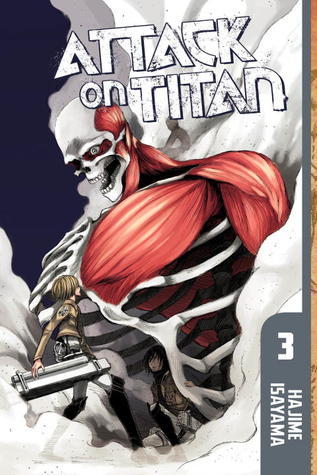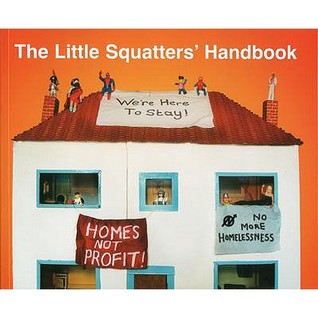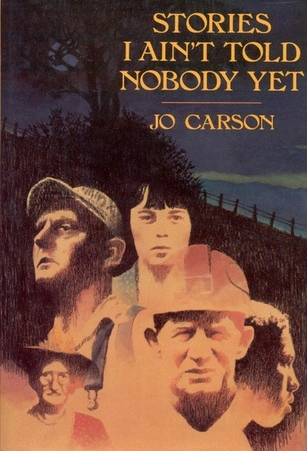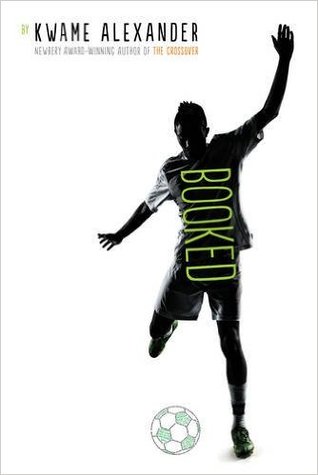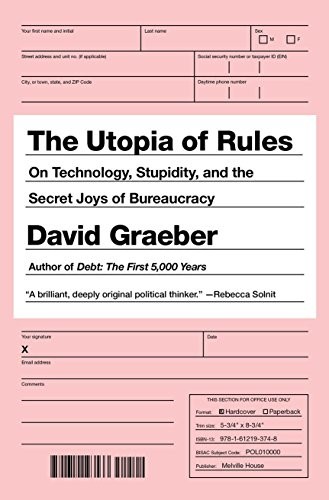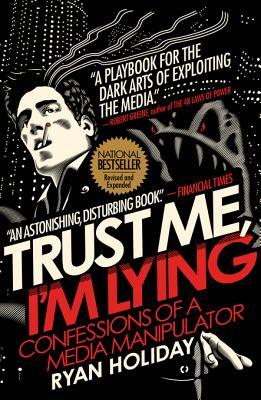This book, which Holiday states in the second part, was apparently written because he supposedly felt guilty about the actions he describes therein when he saw how it hurt him (and some others, but those events only seem to have clicked because they were something he perceived as similar to what hurt him or companies he worked for). This isn't uncommon for many people, but it is worth noting that he considers a lot of his media manipulation to be harmless. Personally, I do not find the weaponising of (predominantly liberal) feminist groups in order to sell something to be 'harmless'. I feel that it has only co-opted and harmed a serious movement, while co-opting and using the most performative and neoliberal element of it, for his own goals and the profit of himself and others connected to him. Ironically, that is an incredible (but still grotesque) use of the patriarchal system he benefits from.
Yet, his confession doesn't even begin to discuss how he regrets doing that. It was harmless, he thinks. It hurt no one, he says. What bullshit, I think.
He seems more than happy to maintain connections to people who are openly harmful (and were once happy to be talked about as such until it was "too much"), and he was willing to do whatever it took to sell... something, though I'm not sure what. One of the prime examples he uses is his friend Tucker Max (who frequently seems to be described, at best, as "offensive") and how proud he is of the questionable techniques he engaged in to bring more publicity to different projects. Along with this, he frequently uses American Apparel as an example, as he was the former marketing director there. He defends their advertisement campaigns and negative press in the strangest of ways, often trying to say that pretty much all of the most well-known news stories we knew about them in 2012 were false.
I have some suspicions that's likely an untrue statement, even if all of their brand was built off of controversial behaviour.
To be fair, there are so many areas where I'm left wondering how he could even think that someone should believe that statement, especially when he's trying to defend practices that are already indefensible as he tries to explain how they were non-stories or blown out of proportion. It's a weird feeling, as I read this. I don't buy a lot of what he says in terms of the emotionality of this book; I don't buy the guilt (especially if someone is securing money from a book as a result of it), and I don't buy the awkward defenses of people and companies he was associated with. This is especially true because there are things where he's trying to defend his action, but he doesn't even name them. (Things along the lines of: "I helped my friend with an unjust lawsuit." Well, I can't even begin to dig into that claim, and that's the purpose of that kind of statement.)
Honestly, I don't really like this book. For a lot of what I've already mentioned, it's really insulting and frustrating, and I think it's ludicrous that he's able to show such pride for the work he's done in such an ecosystem, even as he critiques what he has done and how the system continues to operate (with or without other manipulators). It's... infuriating. It's the kind of business book that, though it's not typical for its genre, is definitely crafted in order to drum up the sort of thing he talks about in the book itself. The book itself feels like media manipulation (something for everyone!), and I have to wonder if that's the point. It's also written in a uniquely hopeless "Well, that's just how it is!" way, as if there's absolutely nothing we can do. These platitudes are useless and are intentionally designed to make people just sigh, contemplate their frustration with the online ecosystem, and move on to do little else.
In the useful moments, I can see the connections between what he claims to have done and how he's supposedly manipulated the media. There were areas that helped guide some of my research, prompting me to look in places I haven't otherwise engaged with (or had overlooked). There were bits that were well-written, somewhat quotable in the wrong ways. There are elements of what analysis there is that feels like they apply rather well to the authoritarian left part of the 'news' cycle (places like Grayzone and RT).
But it's overwhelmingly frustrating. A lot of it is stuff that I've literally heard come from the mouths of YouTubers and others. Some of the very ideas are just "this is how it is, so we have to deal with it." And it feels like no one who makes these claims wants to do anything about it, even as they complain about it. And when they do want to do something about it, it often feels like they're completely recreating the systems that harm them.
One day, some of these people should learn and experiment. (And, while they're at it, learn that the Salem Witch Trials are not a good analogy for their so-called "public trial by news site." There are plenty of analagous events, but for many of the things described? That isn't it.)
Anyway, he's not an awful writer (though this book needs an editor for the number of confusing misspellings that have made it hard to focus). I just don't find much of what he says to be entirely genuine, and some of the calls to authority feel like he's trying to get me to believe his argument a little too much. This is likely because they feel like quotes that have been misused, as if they were found on a selection of quotes without reading the rest of the piece in question.
I just wish he had a mirror.
